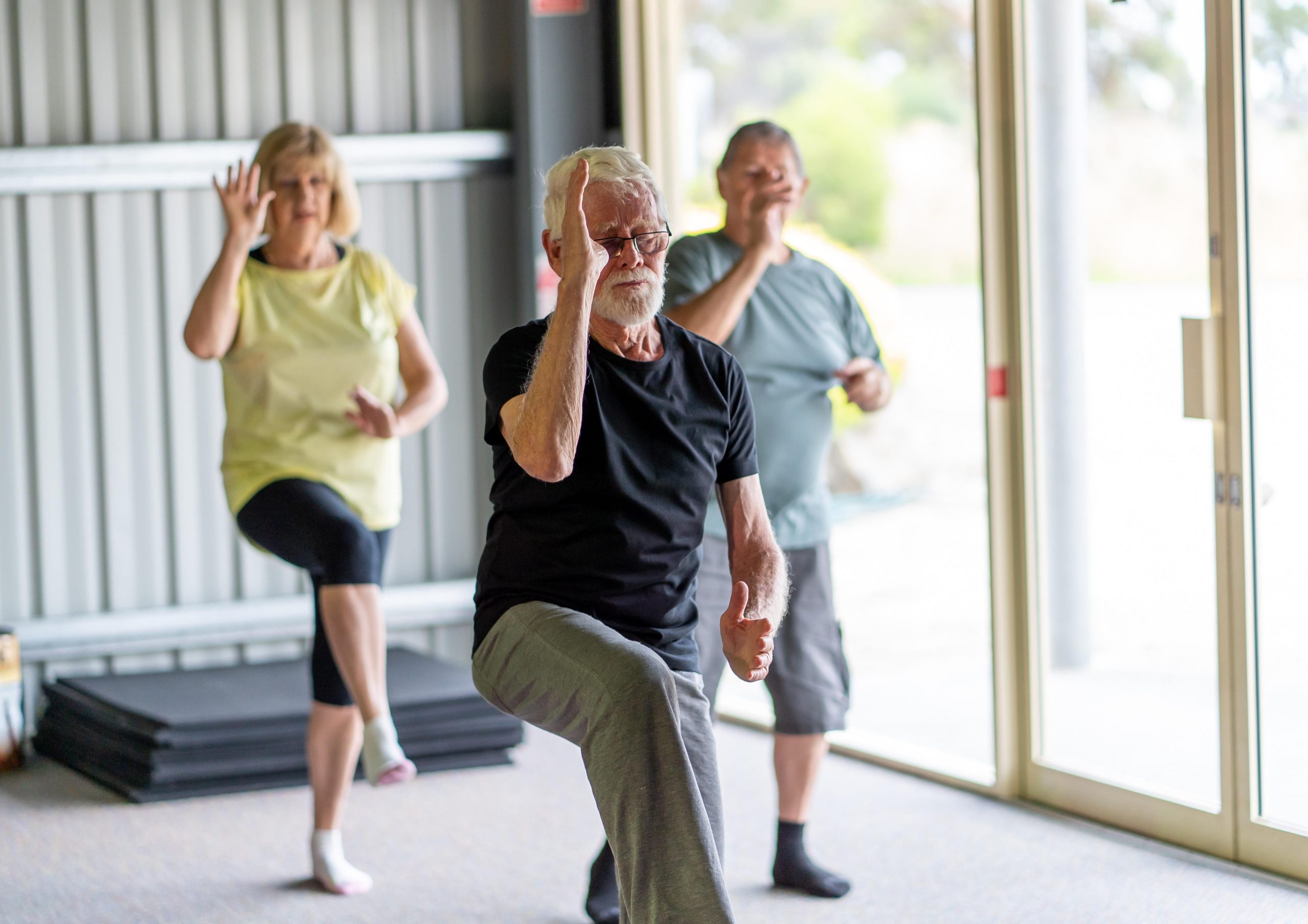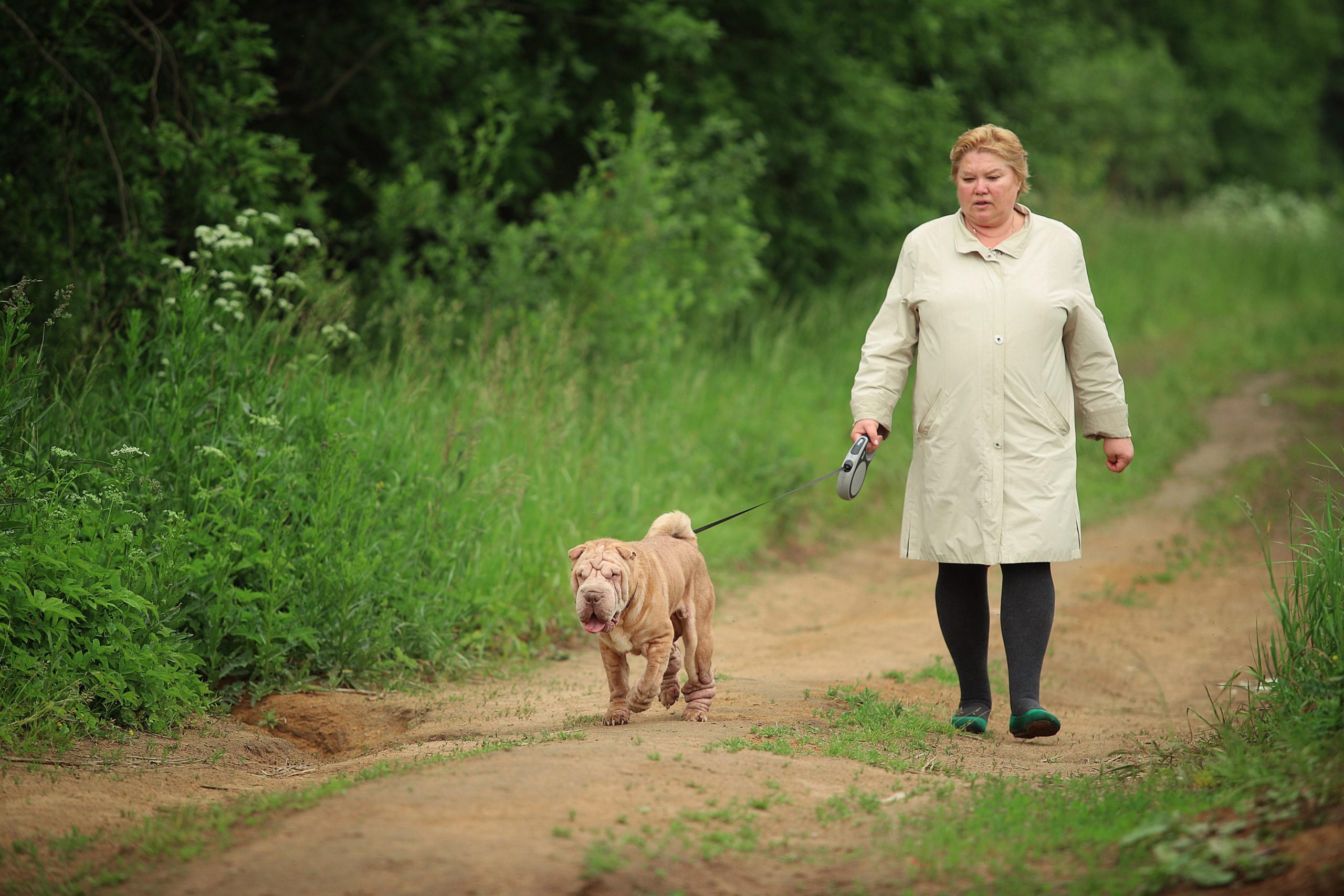
Parents have had to wait a long time to have access to a COVID-19 vaccine for their kids under the age of 5, but a new survey shows many still won’t get a shot for their children. About 43% of U.S. parents of children aged 6 months to 4 years said they would not get… read on > read on >


















